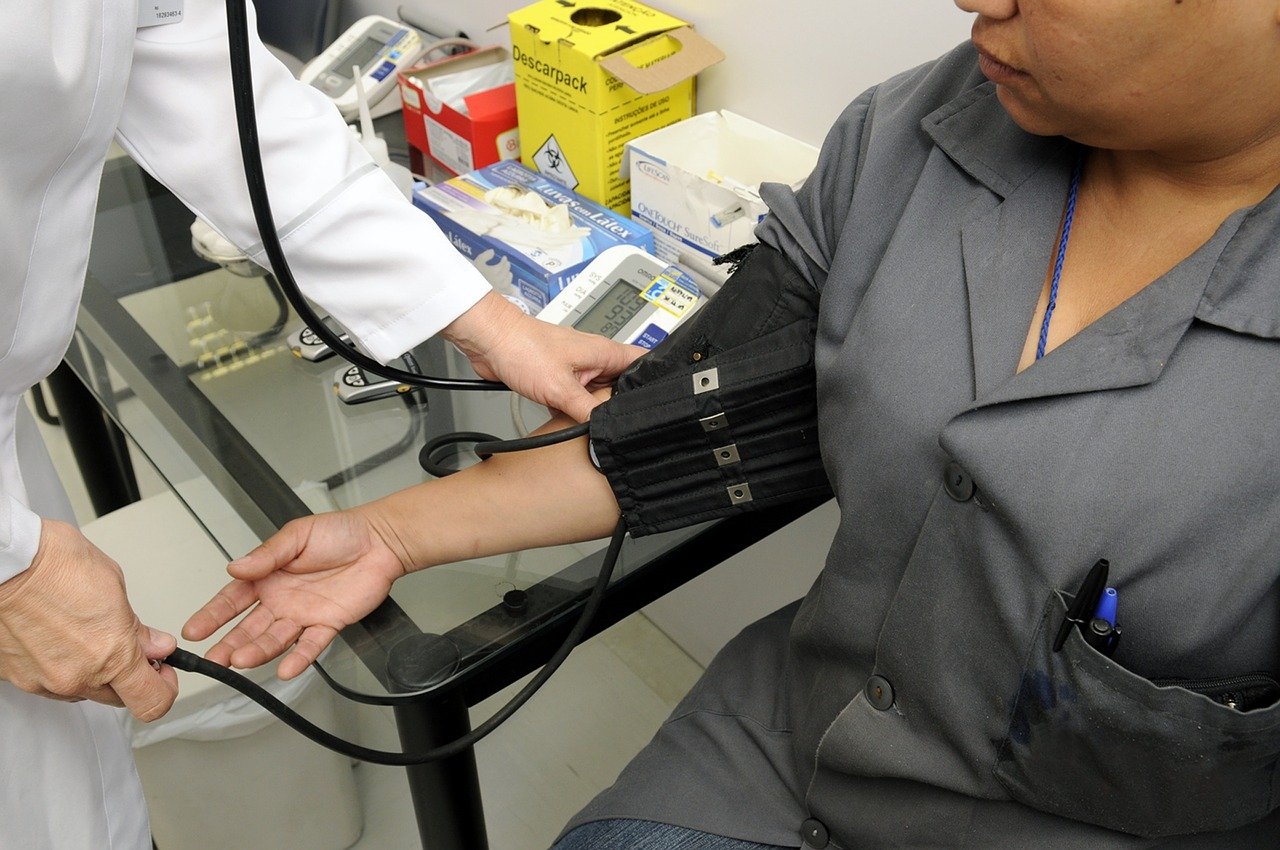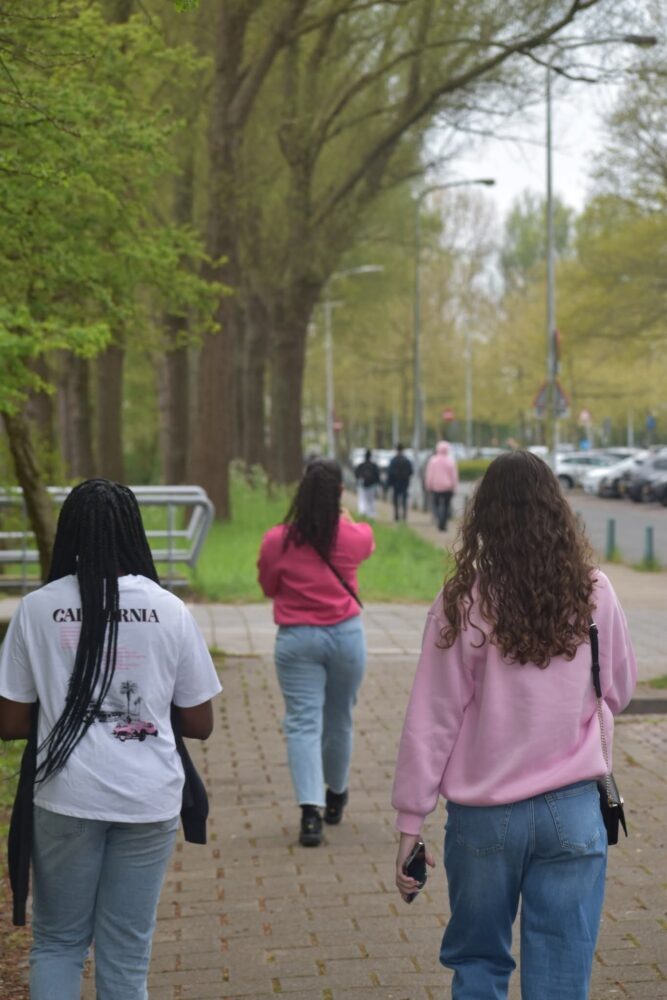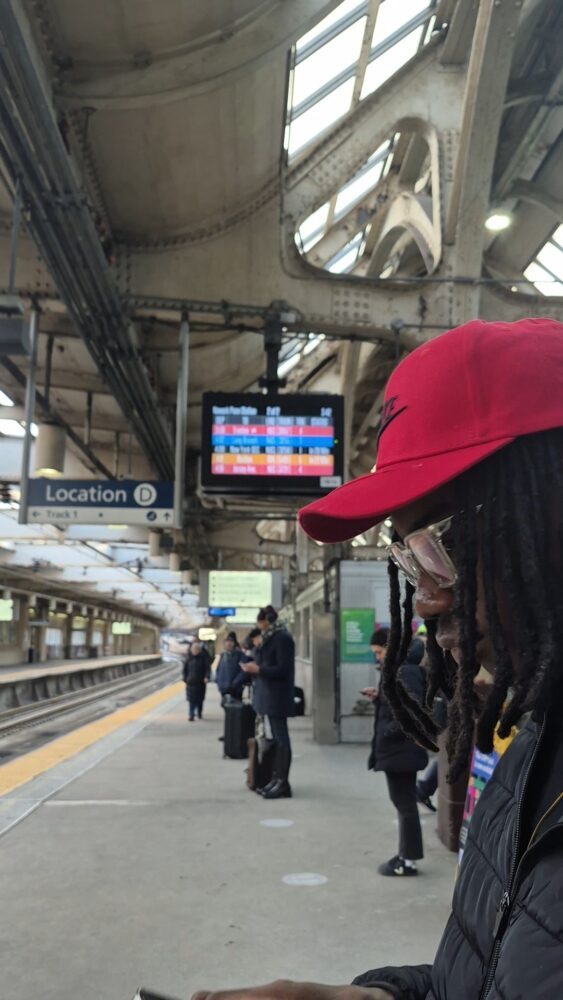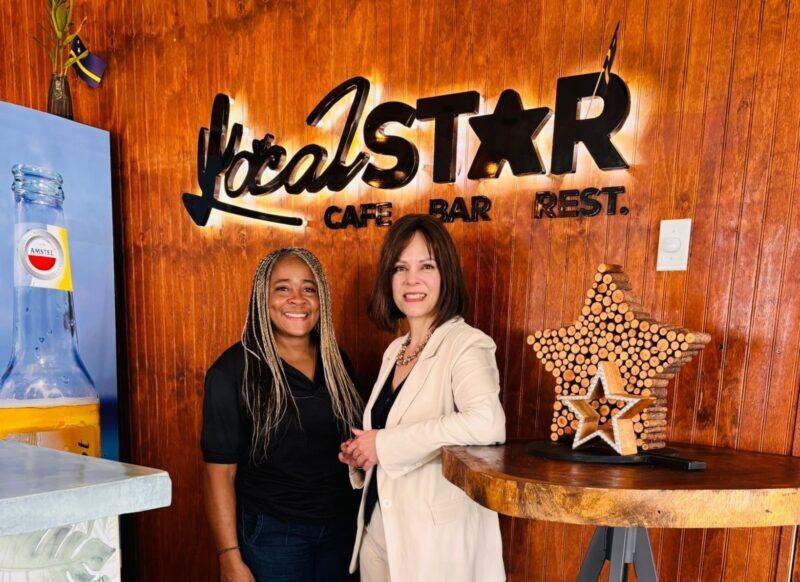WILLEMSTAD – The majority of the population of Curaçao experiences health issues. According to the chair of the General Practitioners Association Walid Elhage, it is estimated that 15 to 20 percent of the population suffers from diabetes and that half of the population is obese. Physicians note that these are major risks during a pandemic.
The high poverty rate and the unhealthy lifestyle on the island are noticeable in the clinical presentations on the island. “The combination of diabetes, obesity, and hypertension (high blood pressure) means that the high risk group for COVID-19 (coronavirus) starts at 45 years of age on Curaçao”, says Elhage.
“Compared to the Netherlands, where mostly those over 55 are part of the high risk group.” The physician states that the health of the population has been lagging behind for years and that this is one of the reasons why such aggressive measures have been taken to keep the coronavirus out of the country.
‘The number of dialyses patients and amputations are high’
– Curaçao minister for Health
.
The Curaçao minister for Health, Suzy Camelia-Römer, is not surprised by the numbers. She has been advocating for a long time to reduce these clinical presentations. “Apart from the COVID-19 situation, obesity, diabetes, and hypertension are a major problem for our society. The amount of amputations and dialysis patients are very high”, according to the minister.
“To give you some perspective, the number of dialysis beds in the Curaçao Medical Center (CMC) is three times as high as for example the Erasmus Ziekenhuis in Rotterdam”, says Elhage. Camelia-Römer has said that her ministry is working to set up programs which will improve the general health of the population through healthy food choices.
Hospitality going healthy
Someone who doesn’t want to wait on that is Berry Wouters, owner of foodservice supplier DeliNova. Since the start of the COVID-19 measures, most restaurants and hotels on Curaçao have remained closed. That’s why Wouters, in collaboration with other suppliers, decided to set up the Daily Meal Program (DMP). Through this program volunteers offer free healthy meals to individuals who have been affected by the impact of the coronavirus.
A report by Kim Hendriksen
“The aim is that the Daily Meal Program will be integrated into a larger plan, where we want to help community centers grow their own vegetables so that they are no longer dependent on us. It’s the first step on the road to a healthier population”, according to Wouters.








